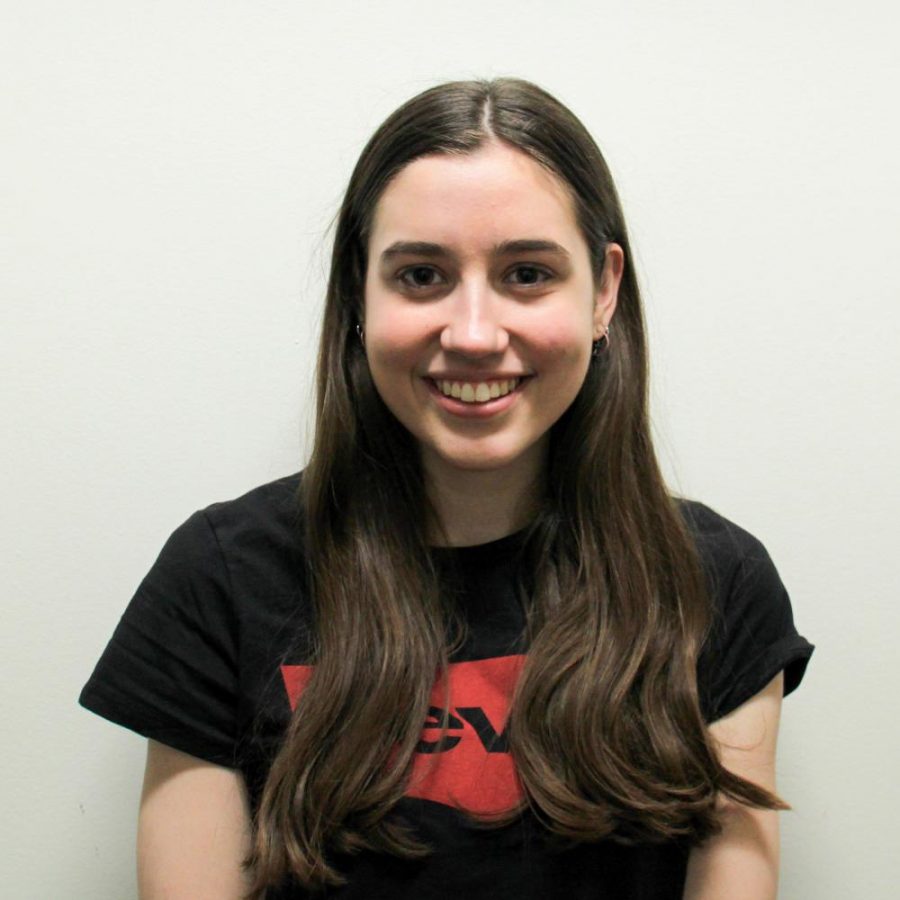Every time I write a weekly discussion post for my English class, I’m grateful that my professor understands that participation can be measured in ways other than simply talking in class. Throughout my academic career, though, this hasn’t been the case. Most of the classes I’ve taken have factored how often I talk in class into my final grade in some way, and many have measured participation only by considering how often I contribute and show up to class. As an introvert, this has been a constant source of anxiety, and in the classes where I’ve been forced to speak out loud in order to save my grade, I’ve felt alienated both from the material and the class as a whole.
Participation grades have become a controversial topic in recent years. Some claim that grading students on how often they contribute in classroom discussions harms introverted students and others argue that such grading methods increase student involvement and motivation to attend class and complete assignments. Various educators have concluded that when students are required to talk in class, they learn how to speak up for themselves in all areas of life.
But speaking in class discussion is only one method of participating and demonstrating active engagement with the material. In the classes I take as a Childhood Education major, we’ve spent a significant amount of time discussing alternative ways of measuring participation: having students work in small groups before sharing with the class, having students interact with each other on online forums, having students submit short written responses on each week’s readings and discussions after class.
These methods require students to formulate responses to the material, doing so in a way that doesn’t force them to endure anxiety-provoking situations or compete with each other for airtime. If teachers are adamant that students do speak in class, they could at least use discussion posts and written responses as a jumping-off point. That way, introverted students can contribute and demonstrate that they have done (and understand) the work, but they wouldn’t be forced to formulate their thoughts on the spot.
Yet, this comprehensive definition of participation doesn’t seem to have permeated higher education in the same way it has reached primary and secondary education. Other than education classes and a few english classes, every college-level course I’ve taken thus far has included participation in my final grade and has measured this participation through tracking my attendance and spoken contributions in class. Even some of the english classes that used online forums required me to speak in lecture in order to earn full participation points. In one class, the professor informed the class that if students did not feel comfortable talking in every class, then they were not ready to be college students.
I understand why it’s important for students to learn how to speak up for themselves, and as a potential future educator, I don’t discount the importance of students mastering the material and interacting with their peers. But when I’m required to speak in class, I find myself worrying about what I’m going to say and competing with my outspoken classmates rather than engaging with the material or even fully taking in what my classmates are saying. Teaching students how to speak up for themselves is important, but grading them on their ability to do so only punishes them for being afraid, and doesn’t measure whether or not they actually learned the material — which is what grades are supposed to do.
Measuring participation by keeping track of spoken contributions in class might benefit some students, but it often penalizes introverted students and doesn’t really tell educators whether or not a student has mastered the material. It’s nice to see that future educators are learning how to increase student engagement and make all students feel safe in the classroom. However, it’s also important for professors in higher education to realize that if they want to make students feel safe enough to actually engage with the material in a thoughtful way, they need to stop looking at participation in a narrow, traditional lens.
Opinions expressed on the editorial pages are not necessarily those of WSN, and our publication of opinions is not an endorsement of them.
Email Helen Wajda at [email protected].























































































































































